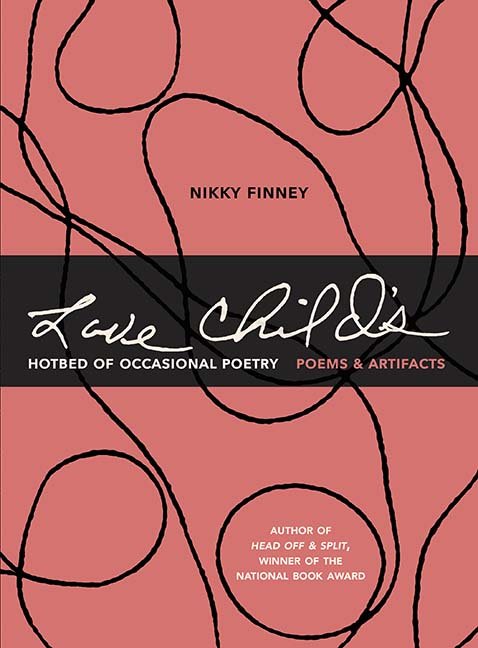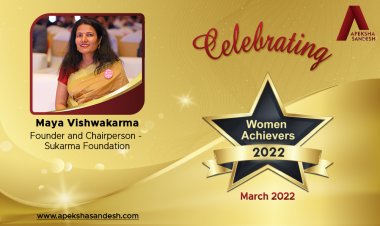Love Child's Hotbed of Occasional Poetry

Rating: 5/5
Author: Nikky Finney
Publisher: TriQuarterly Books
Publishing Date: 15th April, 2020
Language: English
Genre: Poetry/ Paean
ISBN-10: 0810142015
ISBN-13: 978-0810142015
Format: Hardcover
Pages: 256
Cost: Rs. 2,805 (Hardcover)
Plot:
Love Child's Hotbed of Occasional Poetry is a twenty-first-century paean to the sterling love songs humming throughout four hundred years of black American life. National Book Award winner Nikky Finney's fifth collection contains lighthouse poems, narrative hotbeds, and treasured artifacts - copper coins struck from a new matrix for poetry, one that testifies from the witness stand and punctuates the occasional lyric within a new language of 'docu-poetry.'
Review:
This book includes both poetry and prose. It almost feels like a memoir. Finney has composed a new black spiritual, and one of the great voices of our time again stamps her singular sound into the new day.
The opening statements of ‘Love Child’s Hotbed of Occasional Poetry’ as it defines something called ‘occasional poetry’ - a term which points out that the poetry contained in the book is of the occasional persuasion meant to be read individually as if each poem were a performance.
This collection very skilfully weaves the memories from her life with episodes from throughout black history.
A number of these poems are either ‘occasional’ poem, written for occasions such as Smith College recognizing its first black graduate, or ‘hotbeds’, short and intense prose poems. In these, Finney reflects on a first trip to Africa:
“O Motherland, I am hurtling to you through the sweet black night,”
And her childhood in South Carolina:
“We are children fat with Newberry summers and we will have cabbage for dinner whether we like it or not.”
Finney frequently explores how black men and women built America, metaphorically and literally, as in ‘The Thinking Men’, a poem about the enslaved builders of Wofford College who were not permitted an education themselves. The collection is filled with images of ephemera, including a 1985 flier for a reading she gave at a Kroger bookstore.
The piece that may stand out for most readers out there would be the one right towards the end, titled "Black Boy with Cow: A Still Life". This piece is emotionally drenched with heartfelt and honest feelings, mostly due to its subject matter, but also due to the portrayal it offers of the author's relationship to her father.
The prose goes on to tell stories of different times all rooted in African American culture and history.
About the Author:
Poet Nikky Finney was born in South Carolina, the daughter of a lawyer and teacher. Finney’s parents were both active in the Civil Rights movement and her childhood was shaped by the turmoil and unrest of the South in the 1960s and ‘70s.
Carefully weaving the personal and political, Finney’s poetry is known for its graceful, heartfelt synthesis of the two. Influenced by Lucille Clifton and Nikki Giovanni, Finney’s poems explore subjects ranging from the human devastation of Hurricane Katrina to Rosa Parks to the career path of Condoleezza Rice.
Finney's recent poetry collections include Love Child's Hotbed of Occasional Poetry (2020), On Head Off & Split (2011), winner of the National Book Award.
Finney’s other books of poetry include On Wings Made of Gauze (1985), Rice (1995, 2013), Heartwood (1997), and The World is Round (2003). She edited the collection Black Poets Lean South (2007), an anthology of poets associated with Cave Canem, where Finney is on faculty. She is also a founding member of the Affrilachian Poets, a group of black Appalachian poets. She has received numerous awards for her work, including a PEN America Open Book Award and the Benjamin Franklin Award for Poetry.
Finney has received the Art for Change Fellowship from the Ford Foundation and currently serves as an ambassador for the University of Arizona Poetry Centre’s Art for Justice Project. She is the John H. Bennett, Jr., Chair in Creative Writing and Southern Letters at the University of South Carolina.















































